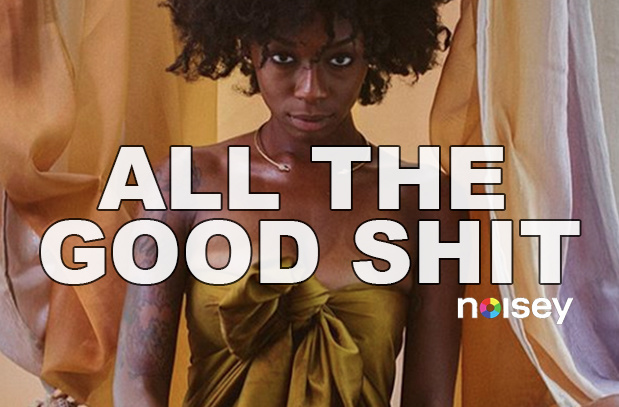Tyler, The Creator’s relationship with the South Pacific has been fraught for a while now. Last year, despite infinitely more threatening atrocities happening across the globe, New Zealand banned Odd Future from entering the country on the basis of a threat to public order. That’s in the past now. But in neighboring Australia, there’s been a continuing battle to prevent the rap collective from stepping foot on their sacred land.
In 2013 Australian feminist group Collective Shout attempted to revoke Tyler’s visa, claiming his lyrics promote violence and misogyny against women. Tyler responded by calling the campaign leader a “cunt” and a “fucking whore” at a show, where she was in attendance, which was, all things said, not exactly the most progressive way to tackle any situation. In the end, Tyler continued to play in Australia and Collective Shout continued their mission to stop him playing in Australia.
Videos by VICE
Now, two years later, the debacle has picked itself up again. Last night Tyler tweeted:
While the decision hasn’t been confirmed – Australia’s Department of Immigration and Border Protection and Tyler’s touring company Frontier Touring both claim a decision hasn’t yet been made – it seems like Collective Shout have achieved their mission.
Obviously any genuine violence or misogyny toward women is unacceptable. On the one hand, it seems like Tyler’s been cherry-picked as a trophy case. Eminem played in Australia last year and despite his lyrics being at least as bad as Tyler’s – on “Kill You” he says “Shut up slut, you’re causing too much chaos / Just bend over and it like a slut / OK ma?”; we’ve all heard “Kim” – he received no petition to ban him. Yet unlike Eminem – who, decades later, continues to rap about punching women in the face – Tyler, the Creator’s horrorcore writing technique has been mostly left in the past.
For example: his latest album Cherry Bomb is, more than anything, a record about finding your own wings, becoming a good person, being motivated to succeed. It’s one of the most positive releases this year. It’s on that note that it feels strange to me Tyler, the Creator’s been banned from playing in Australia. Sure, records like Bastard – which was released over six years ago and was the record Collective Shout cited in their petition – are packed with distasteful lyrics. But everyone should be given the opportunity to grow from the person they were when they started.
Perhaps then, the decision to ban Tyler the Creator is less about him being cherry-picked as the de-facto-bad-guy from rap’s long history with promoting misogyny, and more about the bigger picture. Since Tyler’s announcement last night, some of his fans harassed the Director of Operations for Collective Shout. If things are going to change for the better, Tyler needs to push back against his fans and tell them their actions are wrong. He’s already changed the scope and intent of his music from horror-to-happy core. Why not do the same in real life? It’s these trolls I believe Collective Shout – and any group pushing for equality – want to eradicate; taking the idea that it’s okay to shame and abuse women in real life with them.
Tyler, the Creator’s lyrics are often interpretated literally, rather than the fictional exploration of narratives that are obviously horrible. It feels unproductive to single out the most extreme – to the point of parody – example, when the more insidious, less in your face bullshit gets free reign: the casual allusions to domestic violence; the “I know she wants its”; the reduction of all women into good girls and bad girls based on how willingly they’ll perform sex acts.
Obviously people are campaigning against this sort of stuff elsewhere, but Tyler feels like the wrong scapegoat. Yes, if Tyler wants to prove he’s grown as an artist, he should be calling out his fans for their reaction to last night’s announcement. Whatever happens though, it feels like there’s more we could be doing to end misogyny than banning one specific artist from playing in a country. Because, in some ways, that’s only doing more harm than good.


